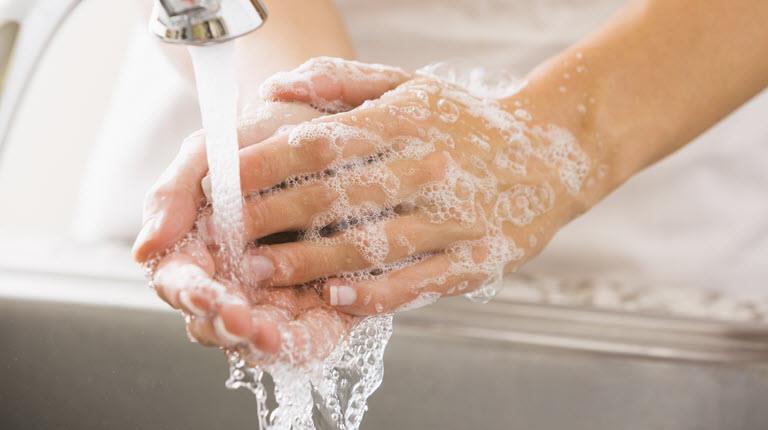By Leah S. Dunaief

If you are feeling a mite anxious these days, just know that you are like the rest of us. According to a Siena College poll released Monday, New York State residents are “deeply worried,” with 92 percent of those polled saying they were “very” or “somewhat” concerned about coronavirus. That’s as quoted by The New York Times. The poll was conducted between March 22 and 26 and surveyed 566 NYS registered voters by telephone.
Maybe we would feel better if we thought of this time as extended snow days? After all, remarkably we had no snow days this winter. I confess that’s something of a disappointment for me. I enjoy snow days — if they happen to occur on days when no one is inconvenienced. I accept them as a gift of time, like maybe one or two days to be homebound. That’s a chance to answer emails and cook a new recipe. But this coronavirus distancing is too much of a good thing; rather it’s a wicked thing. It’s scary because people are sickening and dying, and the governmental projections of casualties for the next two weeks are pouring oil on the fire.
There are two parts to our fear.
Health, of course, is the first. We should all do what we are urged to do: Stay indoors to the fullest extent possible, wash our hands, use hand sanitizer when we can’t, don’t assemble in groups of any sort, even neighbors or relatives beyond our nuclear families and stay occupied — with work or entertainment.
The second part is economic. We read or hear that thousands are losing their jobs as business slows to a crawl or stops altogether. Businesses have no revenues with which to pay their employees. When companies like Macy’s and the Gap are furloughing most of their 125,000 and 80,000 workers respectively, how about the small business owner? They are all wondering how they will pay their rents, utilities and vendors. With no rents coming in, landlords worry about how they will make their mortgage, taxes, maintenance and insurance payments. And on and on, it’s a game of economic dominoes.
There are federal loans available, ranging from a maximum of $25,000 as bridge loans for disaster-related purposes to $210 million for disaster loans. These are made possible through the U.S. Small Business Administration (SBA), and for more information go to their website, www.sba.gov/disaster, or they can be reached by phone or email for an appointment and advice. The trouble with loans, of course, is that they have to be repaid and with interest. That is more than most small businesses would be able to do, especially those already hit by the retail downturn.
While this is all incredibly worrisome, it might help to project into the future. How will we live differently? How will we work differently? Even, how will we shop for food differently? The world will change. Can we make it for the better?







